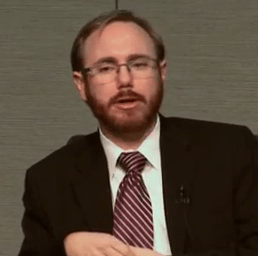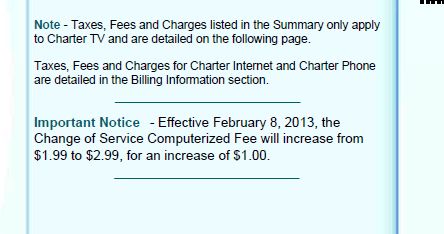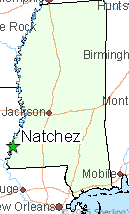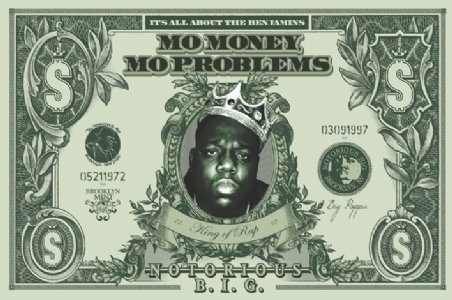
Wyden
Sen. Ron Wyden (D-Ore.) has introduced legislation that would force Internet Service Providers to prove usage caps are designed to manage network congestion instead of monetizing consumer data usage.
The Data Cap Integrity Act would require the Federal Communications Commission to enact new rules forcing providers to justify their usage cap programs, create standards by how ISPs measure usage and to provide useful measurement tools to customers before they incur overlimit fees.
“Internet use is central to our lives and to our economy,” said Wyden. “Future innovation will undoubtedly require consumers to use more and more data — data caps should not impede this innovation and the jobs it creates. This bill is intended to help consumers manage their data more effectively and ensure that data caps are used only to serve the legitimate purpose of addressing congestion.”
Wyden’s bill is an attempt to force providers to prove their contention that usage limits improve the user experience by preventing so-called “data hogs” from slowing down connections of other paying customers.
Wyden is also concerned that without uniform standards of data measurement, consumers could be blindsided with overlimit fees or even have their service cut off. In the past, providers have stuck customers with a variety of often inaccurate measurement tools that have under or over-reported usage, which can sometimes lead to higher bills. At present, no government agency has authority over the veracity of provider measurement tools, and most ISPs impose terms requiring subscribers to accept their word as final for the purpose of usage measurement.
The Oregon senator’s bill is the first measure regulating usage caps introduced in the Senate. In 2009, Rep. Eric Massa (D-N.Y.) introduced a measure in the House that would have banned most usage caps and usage-based billing without first applying a means test. Massa introduced the bill after Time Warner Cable attempted to impose a usage-billing scheme on customers in his district, which includes parts of the Rochester area.
Among the provisions in Wyden’s bill the FCC must enact and enforce within one year of its passage:
- A “truth in labeling requirement” that requires ISPs fully disclose the cost of their services, the true upload and download speed a customer will receive, and the presence of any speed throttles or usage limits;
- A ban on usage caps for any provider that cannot prove they are needed to control congestion and not simply discourage Internet usage;
- A penalty for providers that either do not provide suitable measurement tools or inaccurately measure usage leading to unjustified overlimit fees;
- A provider may not exempt certain content from its usage cap while imposing it on others.

Lyons
Wyden’s bill was introduced at the same time the nation’s largest cable lobbying group, the National Cable and Telecommunications Association, sponsored an event defending usage limits and consumption billing. Two of the three experts speaking at the event declared peak usage limits or congestion pricing ineffective.
In fact, Michael Weinberg from Public Knowledge took note of the fact the cable industry now seems to admit it does not have a congestion problem:
“The most refreshing section of the [NCTA’s] study is the one that is not there,” Weinberg wrote. “There is no meaningful discussion of usage-based pricing as a tool to reduce network congestion or a suggestion that monthly data limits are a reasonable way to impact congestion. There is also no invocation of the mythical ‘data hog,’ a sinful creature that can only be punished with data caps. Hopefully, the omission is NCTA’s tacit admission of two things: that cable networks are not congested and, if they become so in the future, monthly caps will do little to address that congestion. ”
“I don’t think congestion is as big a problem in fixed broadband,” said Professor David M. Lyons of Boston College Law School at the NCTA event. “The latest broadband speed surveys that the FCC has come out suggests that there is not a whole lot of slowdown at peak periods on the fixed side.”


 Subscribe
Subscribe
 Cable subscribers in Natchez, Miss. are scratching their heads wondering why AT&T will neither confirm nor deny whether its fiber to the neighborhood U-verse service is coming to a neighborhood near them.
Cable subscribers in Natchez, Miss. are scratching their heads wondering why AT&T will neither confirm nor deny whether its fiber to the neighborhood U-verse service is coming to a neighborhood near them.


 Time Warner Cable is expanding its footprint in the capital region of New York with the acquisition of independent Princetown Cable Company, which serves around 600 subscribers in Princetown, Duanesburg and Rotterdam in Schenectady County.
Time Warner Cable is expanding its footprint in the capital region of New York with the acquisition of independent Princetown Cable Company, which serves around 600 subscribers in Princetown, Duanesburg and Rotterdam in Schenectady County.